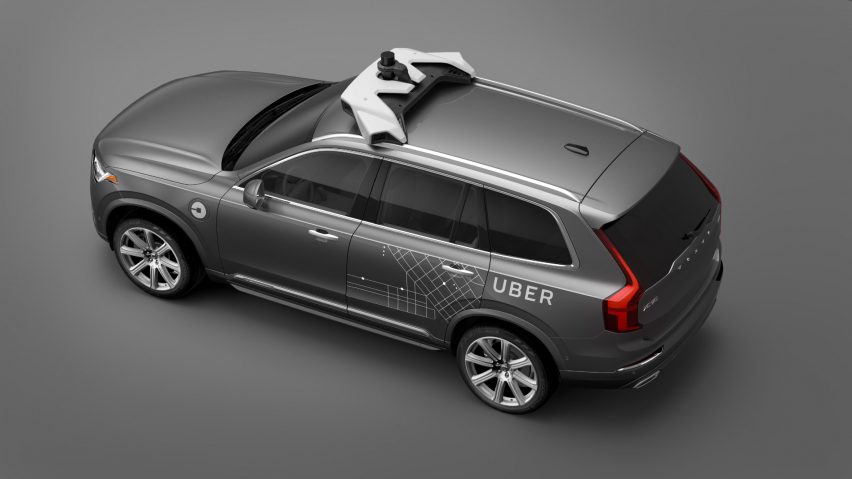
Uber edges towards driverless taxis with Daimler partnership
Uber has announced a partnership with Daimler to operate driverless taxis, weeks after its own self-driving fleet was ordered off the streets of San Francisco.
The ride-sharing company made the announcement in a blog post on Tuesday, where it said the deal differs from Uber's previous partnerships as it will not be developing its own driverless cars.
Daimler will instead "introduce and operate their own self-driving cars" on Uber's ride-sharing network, meaning that the ride-sharing app acts as a third-party software.
"Auto manufacturers like Daimler are crucial to our strategy because Uber has no experience making cars—and in fact, making cars is really hard," said Uber CEO Travis Kalanick.
"We can combine Uber's global ride-sharing network with the world-class vehicles of companies like Daimler, so that Uber riders can have a great experience getting around their cities,"
In the post, Kalanick also explained the partnership should help the ride-sharing company introduce self-driving cars sooner than anticipated.
The deal comes after Uber's fleet of self-driving Volvo's were ordered off the streets of San Francisco until the company acquired the necessary permit. Footage also emerged of two of the vehicles running red lights.
But Kalanick believes this deal will help make cities safer – a view shared by Tesla founder Elon Musk, who said driving is too dangerous for humans and will be outlawed as soon as self-driving cars are proved to be safer.
The US Department of Transportation also backed this argument last year when it unveiled plans to eradicate road accidents by increasing the number of autonomous vehicles.
The race towards driverless cars has also seen prototypes and proposals from architecture firm Foster + Partners, tyre company Goodyear and car giants BMW, Audi and Mercedes-Benz self-driving truck set for Europe's roads.
Uber allows users to order a taxi on-demand, often at significantly lower cost than other local services, with payments automatically deducted from card details scanned into the app.
It was set up by Kalanick and Garrett Camp in 2009 as a black car service for 100 friends in San Francisco, and went on to kickstart a transformation of the taxi industry that has caused uproar in numerous countries.